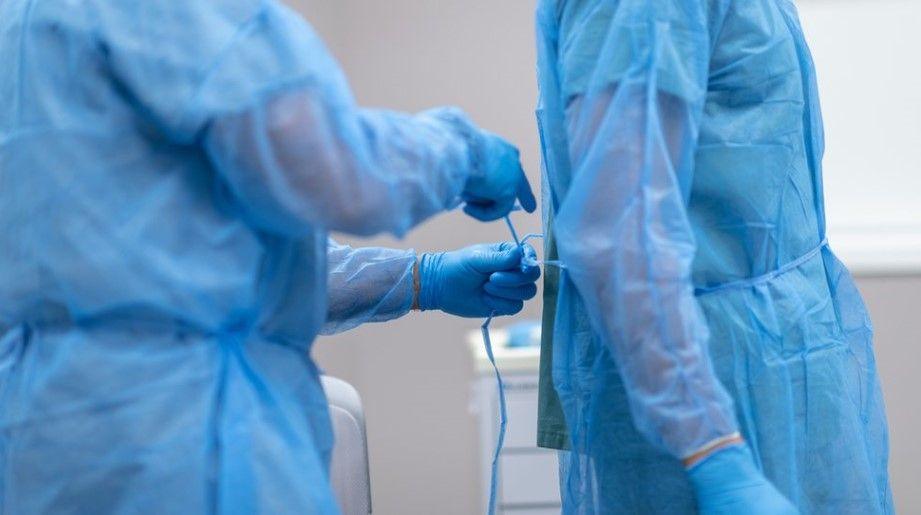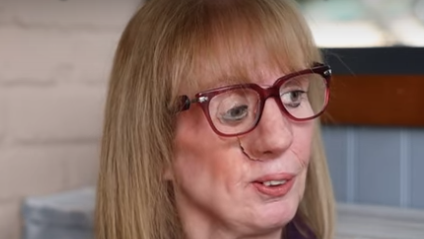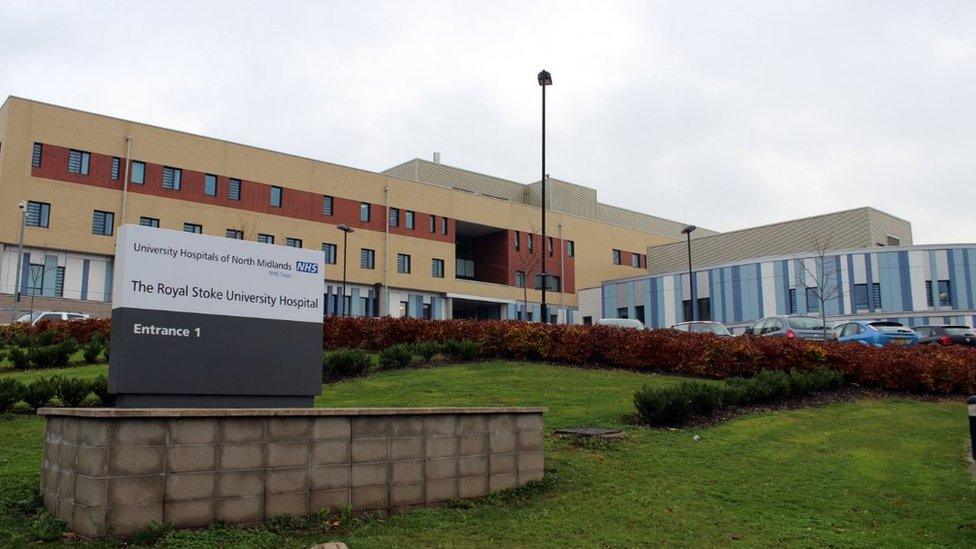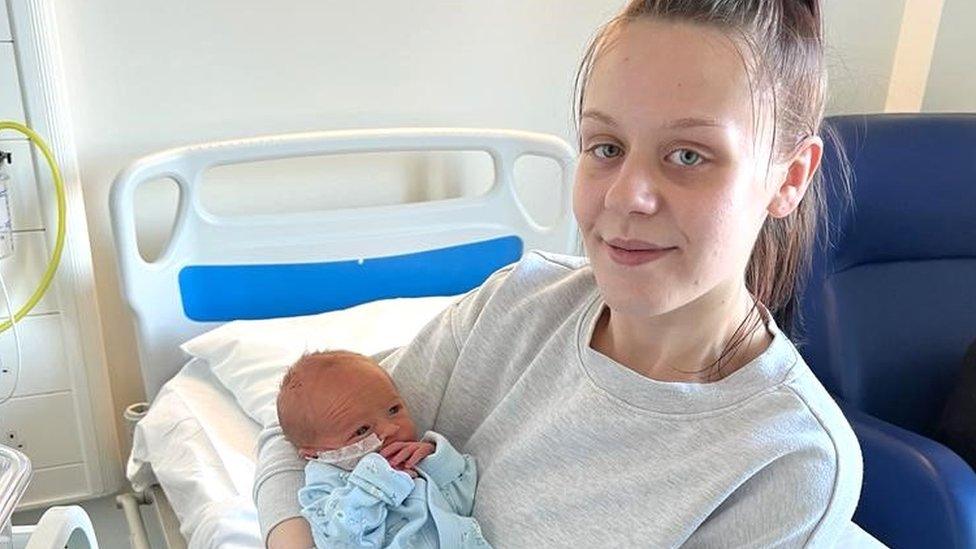Doctor issues warning over anaesthetist training

UHNM plans to allow anaesthetist associates to put patients under before operations
- Published
Staffordshire patients will put their lives in the hands of under-qualified medics if changes to the appointment process go ahead, a doctor has claimed.
University Hospitals North Midlands Trust (UHNM) wants to bring in what are called anaesthetist associates; non-specialists who would be offered on-the-job training before they put patients under.
Normally it is only doctors who anaesthetise patients ahead of surgery, with the British Medical Association (BMA) saying the trust should not replace doctors' clinical expertise.
UHNM said it was discussing concerns with staff and the BMA. It did not make further comment.
Separately, the Royal College of Anaesthetists has previously cited a shortage of at least 1,400 anaesthetists across the UK, "limiting the ability of the NHS to perform operations and address the backlog". It declined to comment for this article.
Some UHNM medics have alleged a motivation for the change is that it works out cheaper for the trust.
Typically, anaesthetists have trained for five years as a doctor then worked as a doctor for two years before going on to have specialist anaesthesia training.
Under the trust's plans, however, the anaesthetist associates for which it has advertised need only to have a degree in a scientific subject and have worked as a nurse, or in a supporting role in an operating theatre, for three years.
They would complete a University of Birmingham course involving two years' study, plus on-the-job training with three months' supervised practice, at which point they would be allowed to anaesthetise patients for operations.
Such personnel may also be required to restart hearts, according to job specifications.
Adverts went out in October for staff who would "develop skills in providing anaesthetic services to patients requiring anaesthesia, respiratory care, cardiopulmonary resuscitation and/or other emergency, life sustaining services".
A petition posted on Change.Org by a junior doctor at the trust said: "The BMA West Midlands Regional (Junior) Doctors Committee and doctors at UHNM are asking for [public] support to stop the recruitment of trainee anaesthesia associates."
'Less qualified'
Another doctor, who wished not to be identified, said of the trust: "This is typical of our management. They never listen to their staff. Doctors are expected to train cheaper non-medics to take over their jobs.
"Why would any patient want to place their life in the hands of someone who is less qualified and not had all the training of a doctor?"
Dr Latifa Patel, workforce lead at the BMA, said there were not enough training places for doctors who wanted to be anaesthetists and that these new roles should not be used to replace them.
She said: "What is desperately needed is investment by the Government, NHS England and employers to fund such training places in the medical workforce, and for these to be prioritised over the training and funding of non-doctor anaesthetic associate posts."
According to the BMA, there is a groundswell of opinion that recruitment and expansion of Medical Associate Professionals (MAPS) should be urgently paused until there is more clarity around their role and responsibilities.
Dr Patel said there needed to be material assurances about associates' regulation.
At an extraordinary general meeting of Royal College of Anaesthetists in October, 89% of the 4,421 anaesthetists voted in favour of pausing the recruitment of anaesthetic associates until consultation was completed and the impact on doctors in training had been assessed.
Dr Matthew Lewis, UHNM medical director, said: "We are in correspondence with UHNM members of the BMA to discuss the concerns they have raised."
A University of Birmingham spokesperson said: “The University has been delivering specialist Anaesthesia Associate training to NHS employees for 18 years to help meet the growing demands in healthcare in the UK.
“Our curriculum was developed with the Royal College of Anaesthetists, and we work closely with the College and the General Medical Council to ensure that our programme meets the strictest standards and supports the needs of patients.”
Related topics
- Published27 November 2023

- Published9 November 2023

- Published20 November 2023
